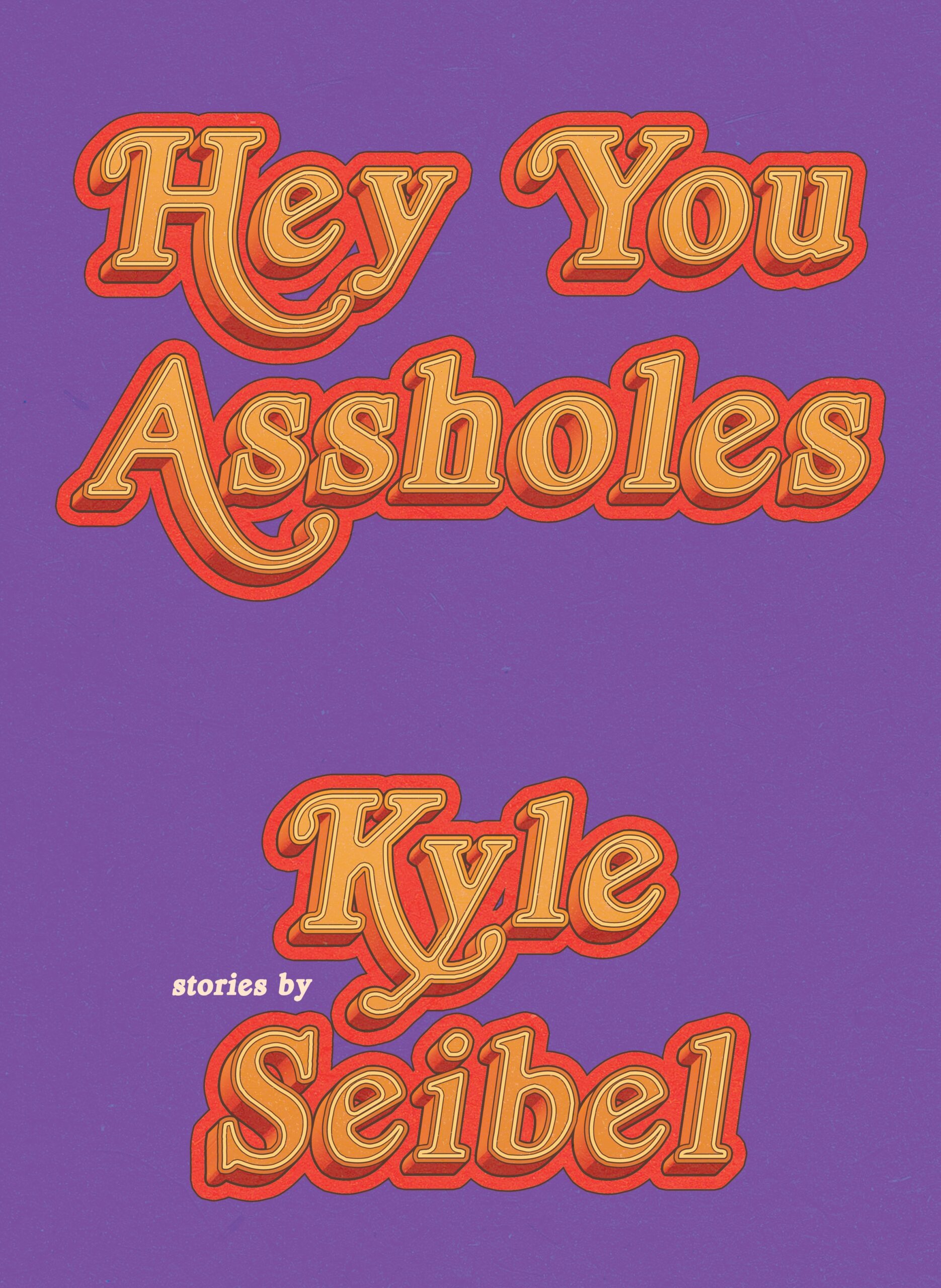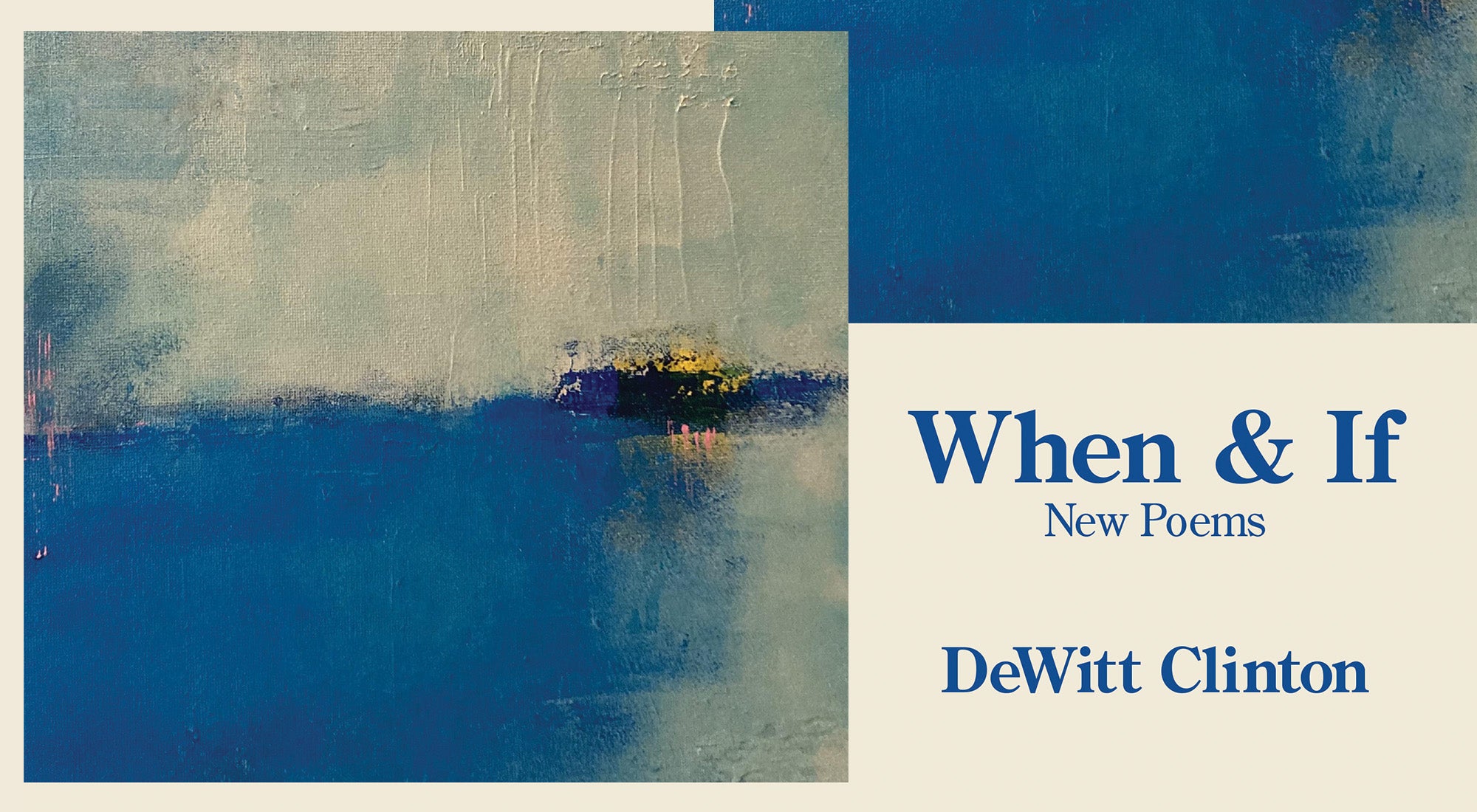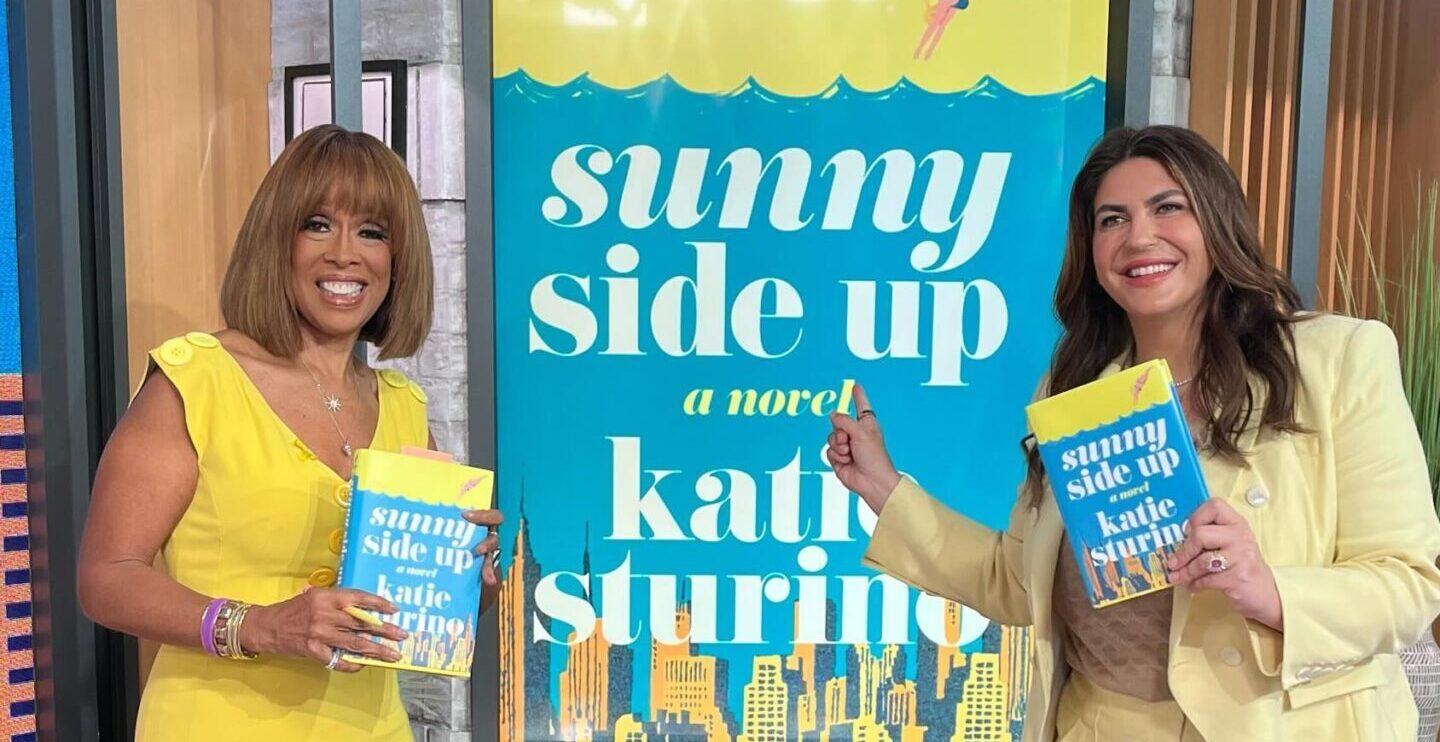Kyle Seibel’s debut short story collection, “Hey You, A–holes,” is an energetic and exhilarating exploration of society’s misfits — soft-hearted alcoholics, cunning factory workers and military veterans lost at sea.
Seibel served in the U.S. Navy for seven years. He has clearly studied people and developed his ability to create charismatic characters you can easily identify with. His stories are suitably “Seibelesque.“
They include a junkyard worker who is haunted by the death of a special cat, dinosaurs that offer life advice and a wine-red Saturn Ion that melts at a gas station.
Seibel said he believes in load-bearing sentences. He doesn’t waste a single word. Unlike certain radio hosts who are rather verbose … You know who I’m talking about. So why did Kyle decide to use “Hey You A–holes” as the title of his debut collection?
This interview has been edited for brevity and clarity.
News with a little more humanity
WPR’s “Wisconsin Today” newsletter keeps you connected to the state you love without feeling overwhelmed. No paywall. No agenda. No corporate filter.
Kyle Seibel: The name came from one of my best friends, Todd Dakin. I was trying to figure out what to call the collection way back when — this was something like five years ago, and I was in between a bunch of different names, all kind of bad, nothing really that stuck to me.
And Todd suggested a line from a story that actually is no longer in the collection, but it was pulled from a story that felt very critical to the manuscript at the time.
It was a throwaway piece of dialogue, but it seemed to say something larger about the collection of voices I was trying to capture. And there was no more deliberation after that moment. It was simply called going forward: “Hey, You A-Holes.”
Doug Gordon: You attended the University of Missouri for undergrad, then you spent seven years serving in the Navy, including being deployed overseas. How helpful was your Navy career in terms of writing your short stories?
KS: Indispensable. I think it changed the way that I saw pretty much everything going forward. It was a complete reframing of how I understood people in the world. I don’t know if I would have been inspired to write, or at least initially write, if I hadn’t been presented with the cast of characters I met in uniform.
The first real story I wrote was “Master Guns,” which is the last story in the collection. And I really just started to write from this experience of being detailed to a chaplain on my first deployment, and the people that kind of just popped up in my life as I remembered it.
And I don’t know if I would have found an inroad so rich like that if I hadn’t been exposed to those kind of personalities. And I think there’s a strong narrative tradition in the Navy. Jokes are stories, and jokes are so important to life on the ship. Maybe I would have found another way to it, but it was the most intuitive path for me.

DG: You wrote a story for Scaffold Lit called “The World’s Biggest Sleepover.” I’m almost contractually obligated to ask you about this story, because it takes place in Brookfield, Wisconsin, in Alex Knoff’s basement.
Alex, we hope you’re listening. He’s a big fan of the show. What inspired this story?
KS: So Alex Knoff is a real individual. It’s a she and was a friend of my wife’s, and my wife is the one who has the Wisconsin connection.
She was born and raised in Brookfield, and I was spending some time with some of her friends in Chicago a couple summers ago, and they were talking about this big sleepover that they made T-shirts for.
It was called “The World’s Biggest Sleepover,” and there was something really funny about it, because all the women were talking about it. Now, they’re all adults and they all had different versions of what happened that night. And no one could agree on what was referred to as the “world’s biggest,” but the people were confused about, “Oh, is this occasional? Is somebody else’s birthday?”
It all just kind of formed together into this way of how we think about growing up and how we remember things. And so that was the impetus for the story. I changed it to be about boys because I had no idea what happens at girls’ sleepovers and I have a little bit of an idea about what happens at boys sleepovers.
DG: And very well done, I must admit. And Alex, if you’re still listening, I’m sorry for mispronouncing your last name.
You have written some stories about your Navy career. Are these more personal stories? Are they easier to write or more difficult? And do you have a favorite?
KS: I would say that the Navy stories, the military stories, are some of my more cherished pieces that mean a lot to me.
I think because they are not based on my own personal experiences, or rather, I’ve chosen to not center myself in a lot of those stories, instead putting other people that I’ve come across, or creating amalgamations of characters, of people who have had those experiences.
I think my time in like a TPU (Transient Personnel Unit) at the end of my Navy career, it spawned the story “Terminal Leave.” I just spent all day doing admin work for people who are on their way out and people who just have really stopped caring about military bearing or regulations or anything like that.
Those individuals, there’s a sense that they can’t really do anything to change their station. They’re just waiting for rulings to be passed down, or things to happen or budgets to be freed up, and they’re given pretty much free reign of the base, and they get into trouble all the time.
I just found these mini-capers of these little mini-criminals so fascinating that I wanted to tell the story. The story of that really specific and very unusual kind of phase of a military career, which is almost like it’s a twilight, but it’s also this really in-between phase that just never feels comfortable for anyone.
DG: I was fascinated to discover how you go about choreographing your characters for the scenes in your stories. How do you make that happen?
KS: It’s very intuitive for me. I don’t really have access to a suite of creative tools like someone might have that’s been to an MFA. I go by instinct and feel a lot and I will study other writers to see how they’ve done that.
I think someone who writes action very well is Denis Johnson. His stories have so much movement and motion in them, and not just movement in them, but to and from scenes. The way that he exits and enters scenes in his stories — it’s brazen the way that he moves, but he’s a genius and makes it work.
So I think a lot of times, some of that I pull from Johnson and the other one that I am a big fan of is Cormac McCarthy. He blocks a scene in written form like no one else. I think that it’s maybe a little bit trite to say that you need to think about the perspective like a camera, but I think that I do.
So much of media is visual now, and I think so much of my influences as a writer are from TV and movies that it makes sense to think visually like that for me.






